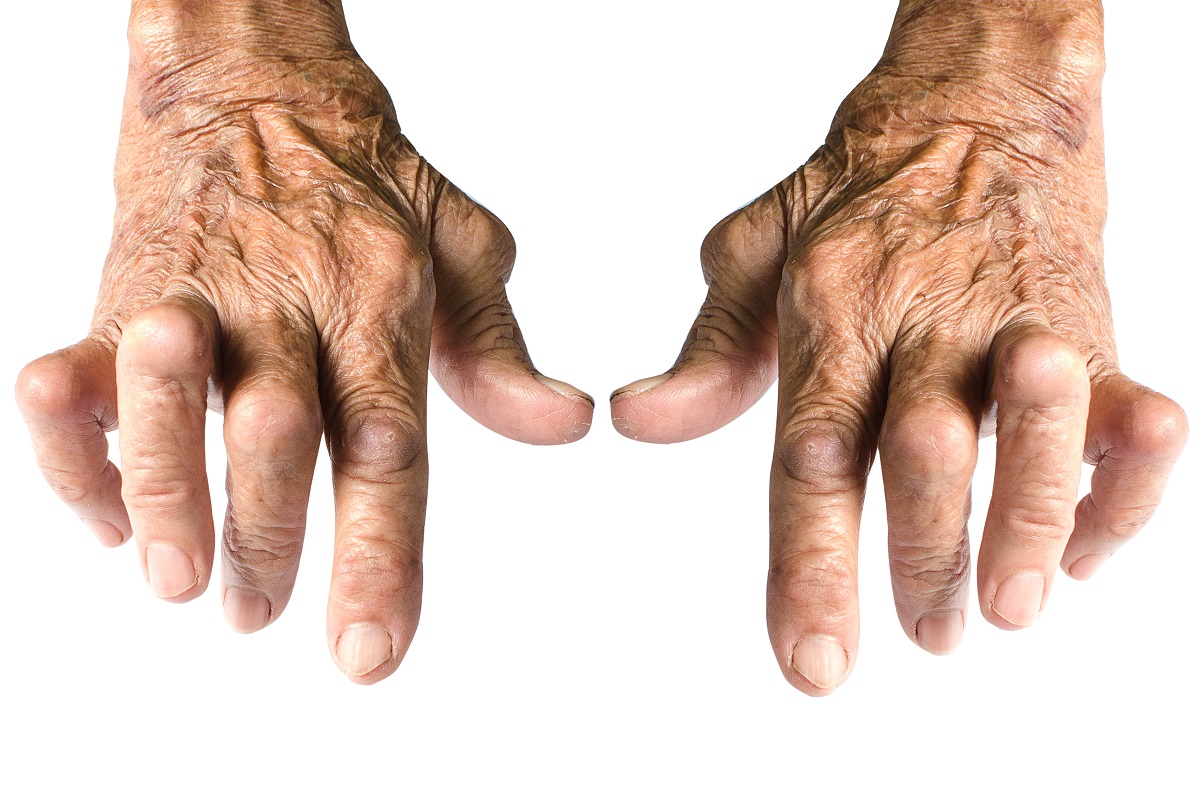- Rheumatoid arthritis (RA) is an autoimmune disorder that primarily affects the joints and can significantly impact daily life.
- Living with RA can influence physical abilities, emotional well-being, work performance, and personal relationships.
- Coping with RA involves medication adherence, seeking professional care, regular low-impact exercise, and maintaining a balanced diet.
- Workplace adjustments and open communication with loved ones are crucial for managing RA’s impact on professional and personal life.
- Despite the challenges, a positive mindset, resilience, and determination can enable a meaningful life with RA.
Rheumatoid arthritis (RA) is a common autoimmune disease affecting millions worldwide. It is a chronic inflammatory condition that mainly affects the joints but can also affect other body parts, such as the eyes, lungs, and heart. Living with RA can be a challenging experience because it can affect many aspects of your life. Here’s what you need to know about RA. Here are some of the ways it can affect your life, and ways you can live with it.
What is Rheumatoid Arthritis?
Rheumatoid arthritis (RA) is a chronic inflammatory disease mainly affecting joints. It is an autoimmune disorder that attacks healthy tissues in your body, causing inflammation and damage to joints and other organs.
How RA Can Affect Your Life
There are various ways RA can affect your life. Here are some of the most common ways:
1. Physical Ability
RA can affect mobility, making it difficult to perform daily activities such as walking, sitting, and standing. Simple tasks like buttoning up a shirt or opening a jar can become daunting. Prolonged discomfort, stiffness, and pain may also limit your ability to exercise, resulting in decreased stamina, weight gain, and other health problems.
2. Emotional Well-being

Chronic pain, fatigue, and limitations to your daily activities can lead to significant emotional and mental stress. All of which can affect your state of mind, relationships, work, and overall quality of life. To help improve your emotional well-being, you must talk to your healthcare provider to find the right medication to ease your symptoms.
3. Work and Career
Living with RA may affect your work and career in several ways. You may need to adjust your work environment by requesting a more ergonomic workspace or adapting work hours. You also may need to ask for more breaks or pace yourself as you take on tasks that may take longer than before. Also, fatigue may cause you to perform subpar at work or take frequent leave, leading to increased stress and anxiety levels. If you find your work situation challenging, you must talk to your supervisor to figure out ways to accommodate your needs. You could also explore working from home or seeking alternative job arrangements.
4. Relationships
RA may change the dynamics of your relationships with friends, family, or your significant other. Chronic pain and fatigue may limit the time and activities you can participate in, often leading to social isolation. Also, your loved ones may not understand or sympathize with how you feel, which may cause tension, frustration, or misunderstanding. Open communication is vital to maintain healthy relationships. Consider enrolling loved ones into your healthcare plan to help them better understand what you’re going through.
Ways to Deal With RA
There are several ways to manage and live with RA. Here are some tips that can help ease your symptoms and improve your overall quality of life:
1. Medication

Your healthcare provider may prescribe medications such as non-steroidal anti-inflammatory drugs (NSAIDs), disease-modifying antirheumatic drugs (DMARDs), or biologic response modifiers (biologics) to help control inflammation, pain, and slow down the progression of RA. It is essential to take your medications as prescribed and inform your doctor of any side effects or changes in symptoms.
2. Professional Care
Severe RA can leave you disabled when left untreated or mismanaged. In this case, getting a home care service to help you with activities and tasks is advisable. Professional care can also provide emotional support and guidance on how to adopt a healthier lifestyle.
3. Exercise
Regular exercise can improve mobility, flexibility, strength, and overall well-being. Low-impact exercises like swimming or cycling are recommended to reduce joint strain while still providing health benefits. Consult your healthcare provider before starting any exercise regimen to find the best activities for your condition.
4. Diet and Nutrition
Eating a healthy, well-balanced diet can help improve symptoms and prevent complications associated with RA. Foods rich in omega-3 fatty acids, such as fish, nuts, and seeds, may reduce inflammation. It is also essential to limit foods that can trigger inflammation, such as processed and fried foods. Consult a nutritionist for a personalized meal plan that fits your dietary needs.
Living with Rheumatoid Arthritis is challenging, but remember, you’re not alone. Millions worldwide share your journey and have found ways to lead fulfilling lives despite the challenges. Communicating openly with your healthcare provider, adhering to the prescribed medication regimen, engaging in regular exercise, and maintaining a balanced diet is essential. Understand that it’s okay to request accommodations at work and lean on your loved ones for support. Above all, stay positive and live your life with a spirit of resilience and determination. With the right approach, living with RA can be manageable and meaningful.
